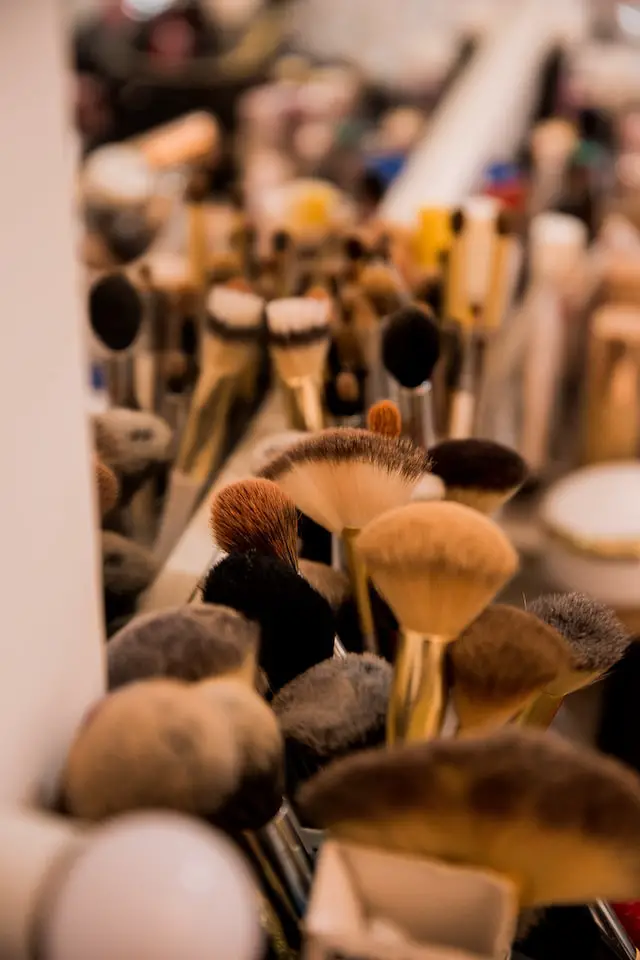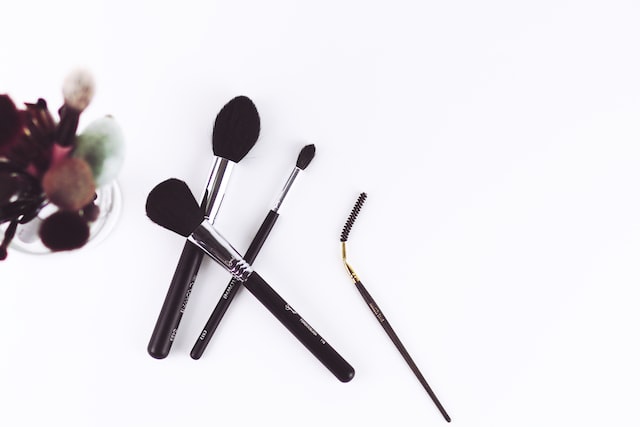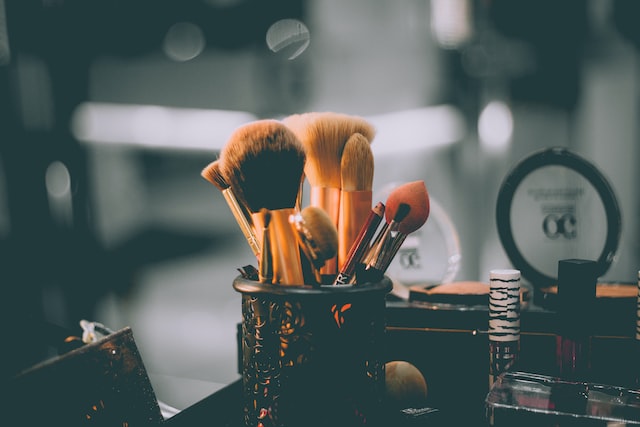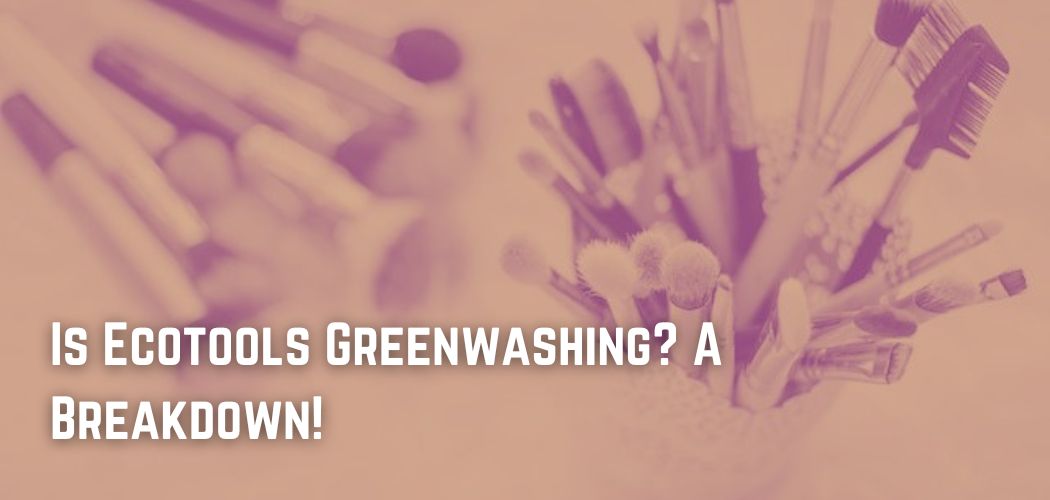Greenwashing is not a novel phenomenon; in fact, according to Brad Benz (2000), it has been employed as a framing technique since 1969.
Previously, political parties used it to express their concerns. However, as times have changed, the approach has become an increasingly popular marketing strategy.
What used to be a noun is now a verb that lets customers feel like they are doing something good for the environment without changing the way they usually buy things.
Ecotools are an example of greenwashing’s grey zones. Their products are built from recycled metals and sustainable bamboo, but that is the extent of the company’s eco-friendly claims.
Neff, Steinberg, and Zmuda look at different marketing strategies that try to force customers to make changes for the environment or blame them for problems that everyone faces.
But the essay says that guilt isn’t always a good way to get people to change and that people’s everyday actions often have negative effects on the environment.
P&G’s cold-water approach to promoting being green and related items is, in many respects, exploitation of environmental concerns, but they are, in my opinion, at least somewhat contributing.
The EcoTools product line aims to give consumers the impression that they are making a difference with their beauty products.
Regarding the aforementioned publications, EcoTools does little to promote an eco-friendly lifestyle, alter behaviors, or explain their production process. For these reasons, it is believed that EcoTools has employed greenwashing as a marketing strategy.
The product has excellent qualities, but it lacks the necessary information to promote an environmentally sustainable lifestyle outside of its brand.
How Does Greenwashing Function?
Greenwashing, also known as “green shine,” is an attempt to profit from the rising demand for environmentally friendly products, whether they are more natural, healthier, chemical-free, recyclable, or less wasteful of natural resources.
In the 1960s, one of the worst examples of greenwashing came from the hotel business. They posted notes in hotel rooms requesting that guests reuse their towels in an effort to protect the environment. The hotels benefited from cheaper laundry expenses.
Some of the biggest carbon polluters in the world, such as traditional energy companies, have recently taken steps to rebrand themselves as environmental leaders. The renaming, rebranding, or repackaging of products constitutes greenwashing.

Greenwashed items may give the impression that they are more natural, healthy, or chemical-free than rival brands.
Common forms of greenwashing include deceptive labeling and the concealment of environmentally damaging practices. This can include imprecise and unverifiable terms such as “eco-friendly” or “sustainable.”
Even if a product isn’t green, pictures of nature or animals might make it seem like it’s good for the environment because it has something to do with the natural world.
Also, businesses may choose which study data to use to highlight green initiatives and hide others that are harmful. Even biased research funded or conducted by a company could be a source of such information.
Cruelty-Free
EcoTools has guaranteed that neither they nor any third parties test their products or ingredients on animals. Their suppliers do not test on animals, nor do they permit animal testing of their products as mandated by law.

Last but not least, they don’t sell their products in mainland China or anywhere else where animal testing is required.
Note that the term “cruelty-free” does not have a legal definition. It might have diverse meanings for many individuals. However, “cruelty-free” typically implies no animal testing.
In particular, the ingredients, formulation, and final product are never tested on animals at any point in the process of making a new product.
Why Is Greenwashing Unacceptable?
Greenwashing is dishonest and wrong because it tricks investors and customers who want to support companies or products that are good for the environment.

Green products are often sold at a higher price than similar products, which can cause people to pay too much. Greenwashing may severely damage a company’s reputation and brand if discovered.
Claims To Be 100 Percent Vegan
EcoTools has confirmed that all of its products are vegan and do not contain any components or byproducts produced by animals.
Their cosmetic brushes, sponges, hair brushes, and bath items are never tested on animals and are created with 100% cruelty-free and vegan materials.
Similar to “cruelty-free,” there is no legal or conventional definition for “vegan.” However, it typically excludes components produced from animals and animal byproducts.
Carmine, lanolin, snail mucus, beeswax, honey, pearl or silk-derived substances, animal-based glycerin, keratin, and squalene are popular animal products used in cosmetics.
There are both natural and synthetic alternatives to chemicals obtained from animals. However, it might be difficult to determine whether a product is vegan solely based on its ingredient list.
Therefore, it is best to inquire with the company and manufacturers to guarantee that the products they have chosen are not derived from animals.
Plastic Waste Is Dumped Into The Ocean
Even if it is recycled, the large amount of plastic used to wrap the brushes is awful. We all know that plastic is bad for nature, and I have seen firsthand what happens to turtle populations when plastic packaging is used.
But the problem with this plastic made by Ecotools isn’t just a matter of how it looks. Ecotools has a unique chance to teach young women who are easy to influence about plastic and packaging by reaching out to them.

When they go to a big store, they are given the option to buy their favorite product in PLASTIC-FREE PACKAGING, but Ecotools doesn’t take advantage of this chance. This material makes these brushes far from eco-friendly.
Ecotools is obligated to make a no-plastic promise. Their mission is to discover the numerous ways ecotools may make you look and feel beautiful while simultaneously making the world a lovely place.
As far as we know, plastic pollution does not enhance the beauty of our planet.
Conclusion
Ecotools must improve. Their philosophy is wonderful, they have made a remarkable effort to live up to their brand, and their products are excellent.
To avoid being called a “greenwashing” company that sells in the “eco” market, they need to do more to commit to not using plastic and getting rid of plastic packaging.
It is understandable that it may be difficult to keep brushes clean and safe during the sale process, but there must be a way to sell these brushes (hemp sack?) that fits with the true “eco” label.

